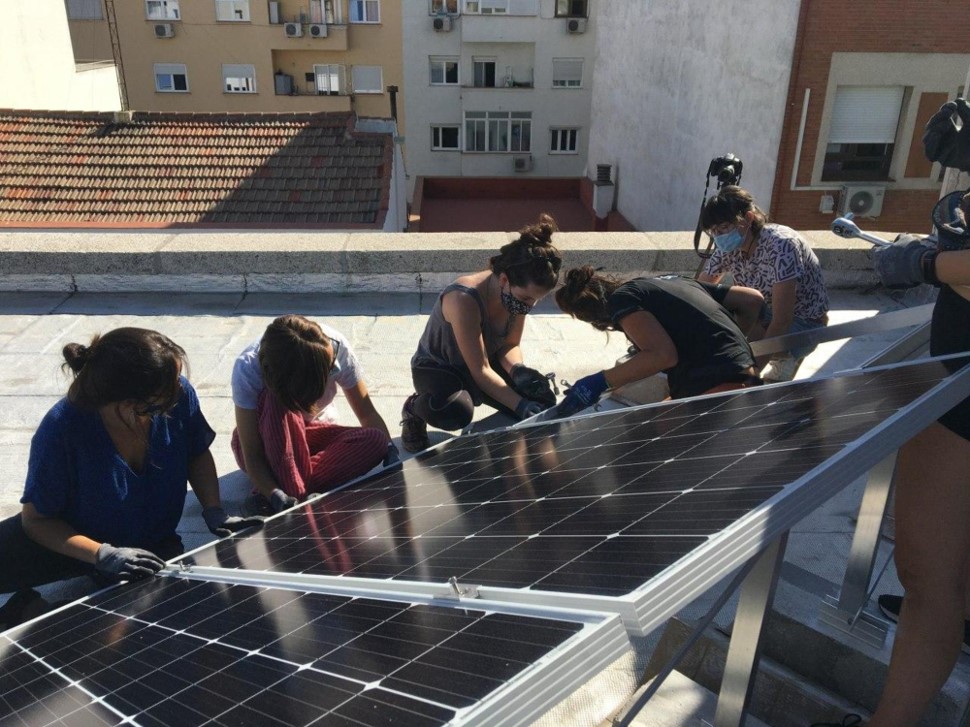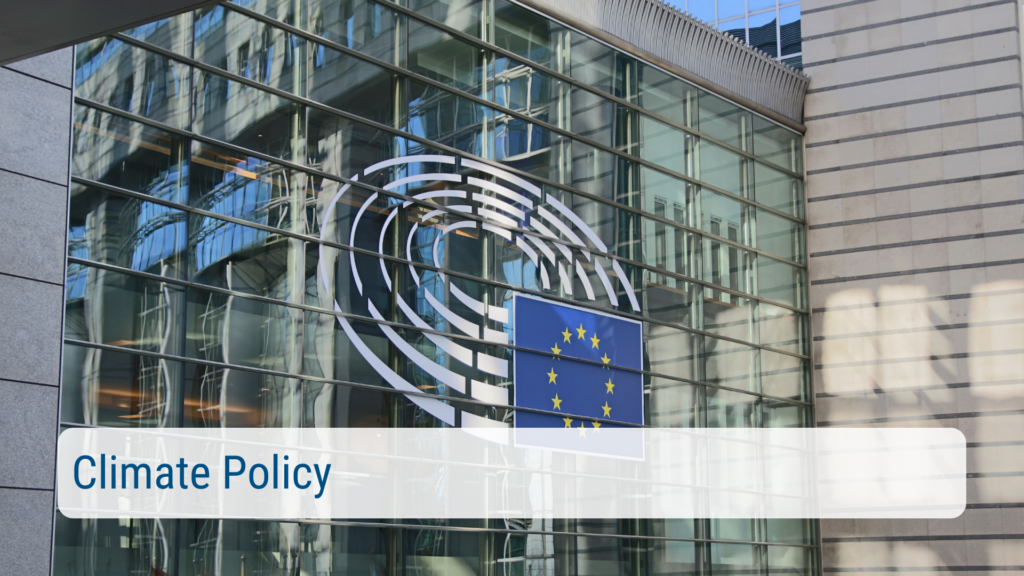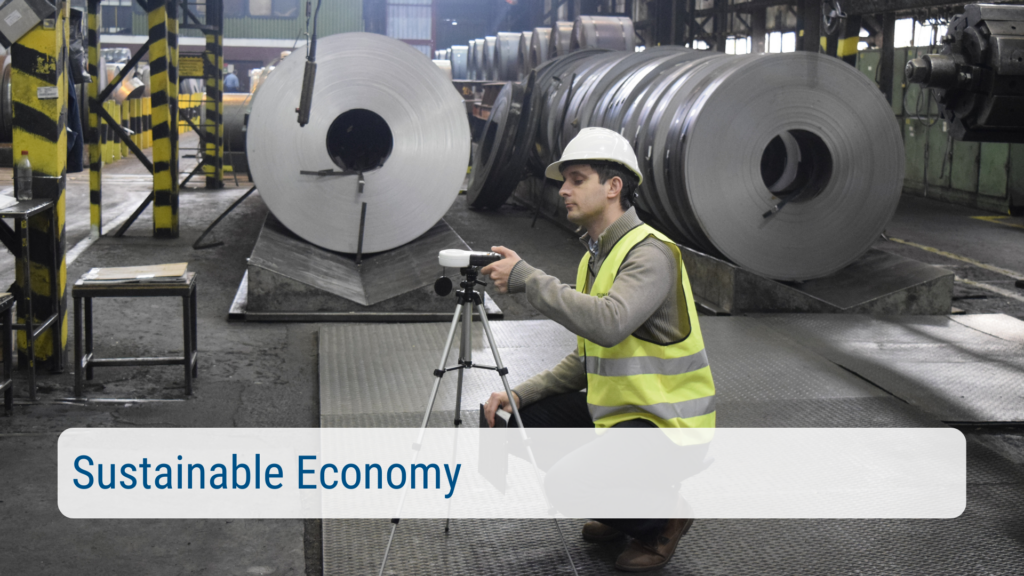Energy Transition and Climate-Neutral Buildings
With the topic of energy transition and climate-neutral buildings, the EUKI supports non-investment projects that specifically contribute to solving the challenges of the energy and heat transition and the implementation of EU goals by 2030. This may include consultancy services and concepts for energy-efficient refurbishment or support for the establishment of renewable energy communities.

The need for change in these sectors is immense. Many buildings in Europe are still heated using fossil fuels such as coal, heating oil, or natural gas. Additionally, there are significant energy efficiency potentials. Similar situations exist for commercial or industrial production processes. Consequently, the CO₂ emissions are high: the building sector alone accounts for approximately one-third of the total European greenhouse gas emissions. Moreover, fossil fuels need to be replaced with renewable energy sources in electricity generation, and energy efficiency potentials must be realised. New energy storage technologies for renewable energies are also needed to permanently secure energy supplies. A successful energy transition involves structural changes that offer many opportunities for increased energy security, economic development, social equity, a clean environment, and comfort gains. The concrete implementation of successful strategies for transformation and the question of who bears the financing remain particularly challenging.
EUKI projects strengthening Energy Transition and Climate-Neutral Buildings in Europe
The EU is driving forward the energy and heat transition with the Fit for 55 package, thereby enhancing investment security. By amending the Renewable Energy Directive, the EU-wide share of renewable energy is intended to be 45 percent by 2030, and final energy consumption is expected to decrease by 11.7 percent compared to 2020. The targets of the EU Effort Sharing Regulation have been raised, and the EU Energy Performance of Buildings Directive is being revised. Furthermore, the introduction of a second pan-European emissions trading system for transport and buildings (ETS II) has been decided. This sets new, reinforcing incentives, and the revenues from the CO2 price can contribute to promoting a socially just implementation of the building and transportation transition.









